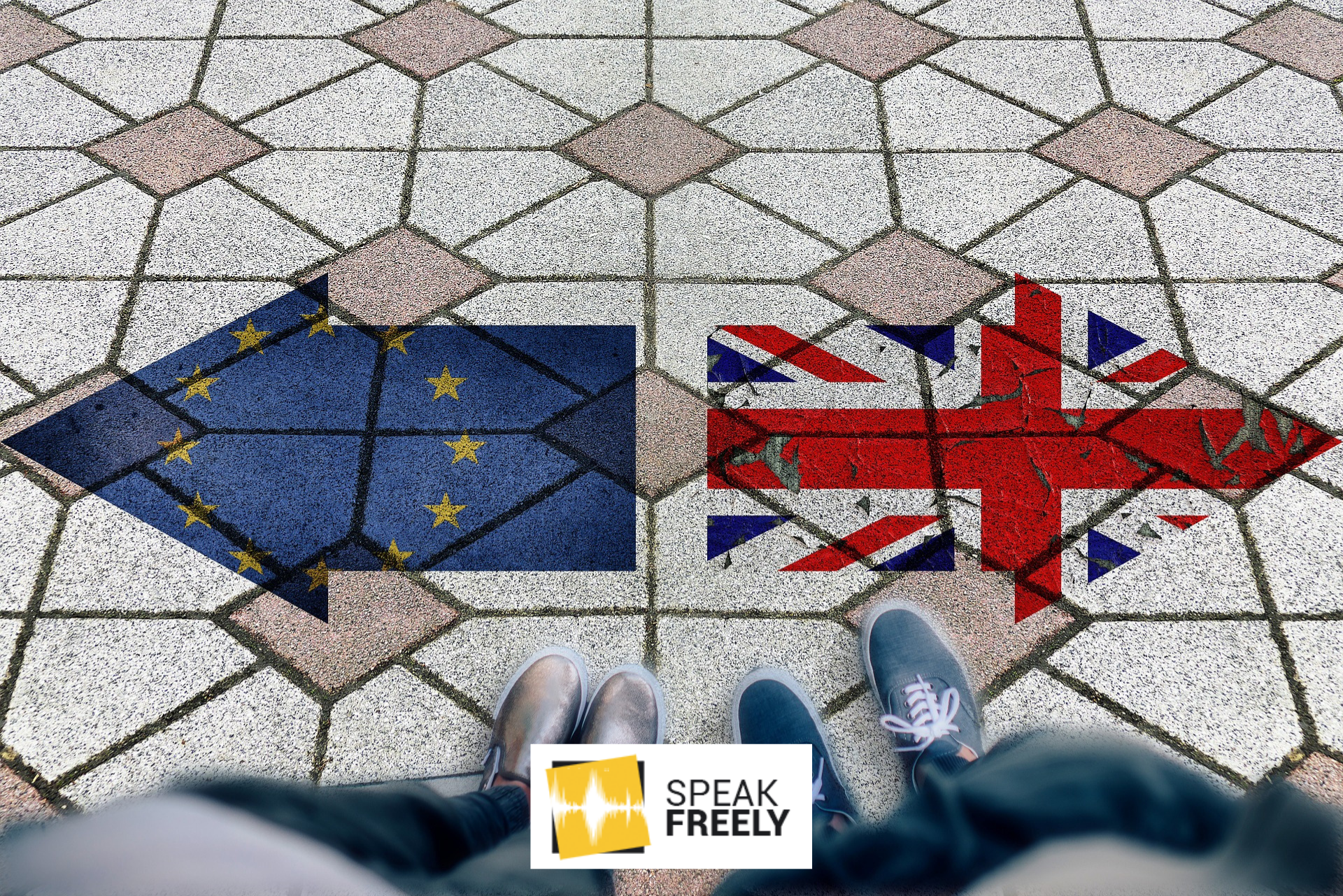Last month featured a seminal development in the ongoing Brexit saga. In a decisive vote of 432 to 202, British MPs rejected Prime Minister Theresa May’s proposed deal with the European Union (EU) for a post-Brexit Britain. This all happened despite May having the best part of two years to negotiate a settlement, and itself constituted the largest legislative defeat for a government in British political history.
Although purporting to deliver on all key aspects of the 2016 referendum result, May’s proposed deal fell well short of capturing the potential of Brexit to establish Britain as a nation both politically independent and economically global.
Instead of holding out for nothing less than a deal affirming country’s freedom and sovereignty in terms of trade and international relations (key promises of Brexit). Theresa May willingly embraced an arrangement which would have kept the country no less politically or economically shackled. It is for this reason that the rejection of May’s deal can be held not only understandable but vital for the safeguarding of Britain’s post-Brexit interests, namely those of national sovereignty and economic freedom.
Arguably the central feature of the Prime Minister’s deal was that of remaining a member of the EU Customs Union without any right of unilateral withdrawal. In proposing this May was effectively willing to subject the country to the prospect of being no less able to independently establish free trade agreements with the rest of the world come post-Brexit. This is since the Customs Union requires members to enforce prescribed (and arbitrary) tariffs on all imported trade from non-EU countries, thereby prohibiting the realisation of global free trade.
Kate Andrews of the Institute of Economic Affairs captured this sentiment in a post-referendum appearance on BBC Question Time, asserting that remaining part of the Customs Union would result in Britain cutting itself “off from one of the biggest opportunities Brexit has to offer”, that being the right to establish free trade relations throughout the world.
Such an arrangement is not only a major impediment to a nation’s global economic expansion, but also undermines the power to arrange international treaties and trade deals. As Yaron Brook of the Ayn Rand Institute understands, through continued membership to the Customs Union “the UK will have to enforce all the European Union’s regulatory regime” a reality wholly incompatible with the interests of national sovereignty and economic freedom.
It is also notable that adopting Theresa May’s deal would have resulted in Britain departing the EU’s Single Market come December 2020. The main consequence of such would have been the termination of the existing arrangements that allow for the free movement of goods, services, people, and capital between Britain and the 25 other European states. With the Single Market being the world’s most expansive free trade zone, May’s desire to sever Britain’s ties would have threatened to systematically dismantle its already existing free trade relations.
The evidence is undeniable that free trade is a promoter of prosperity both domestically and globally. Cross-border transactions uninhibited by government barriers consistently result in countries exchanging goods on mutually beneficial terms, enabling states to grow and develop individually without butting heads. As the Economist Magazine explains, “[countries] want to swap because it will make them better off, and to hinder them is to do damage”.
It is thus apparent that had May’s deal been accepted, Britain would have been subjected to the worst of aspects of both leave and remain. Continual subjugation to EU regulations combined with diminished economic stature on the international stage. Whatever the Prime Minister’s main goal, she cannot be perceived as having been devoted to the maximising of a common market along with the termination of a common government. In other words, the Prime Minister has clearly failed to make the realisation of Britain as a free, independent, global player the ultimate aim of her engagement with Brexit.
For May’s role as chief architect of Britain’s post-EU path to retain any credibility, a radical modification of both her actions and priorities’ is vital. With Brexit being the defining political issue of this generation, the world’s sixth largest economy cannot afford a leader unable or unwilling to fight vigorously for its sovereignty, independence, and global standing. It is time she ceased to pander to the insular whims of the European Commissioners, and instead make pursuing the best trade deal available for Britain her main priority.
It is true that the EU has so far been unyielding in making Customs Union membership a prerequisite to long-term Single Market involvement. Should it remain wedded to such a stance, it is my view that Britain ought to desist unilaterally from all EU structures, jettison all the associated tariffs and regulations, and establish itself as an island of free trade, open to business with the whole world.
In doing so, it can make openness and globalism the overriding focus, whilst retaining its political freedom and sovereignty. In the words of Eamonn Butler of the Adam Smith Institute, “Brexit provides the UK with once-in-a-generation opportunities to set free our trade, commerce and people”. The realisation of such could well prove decisive in determining the ultimate success of this most monumental of national projects.
This piece solely expresses the opinion of the author and not necessarily the organisation as a whole. Students For Liberty is committed to facilitating a broad dialogue for liberty, representing a variety of opinions. If you’re a student interested in presenting your perspective on this blog, click here to submit a guest post!
Image: Pixabay
